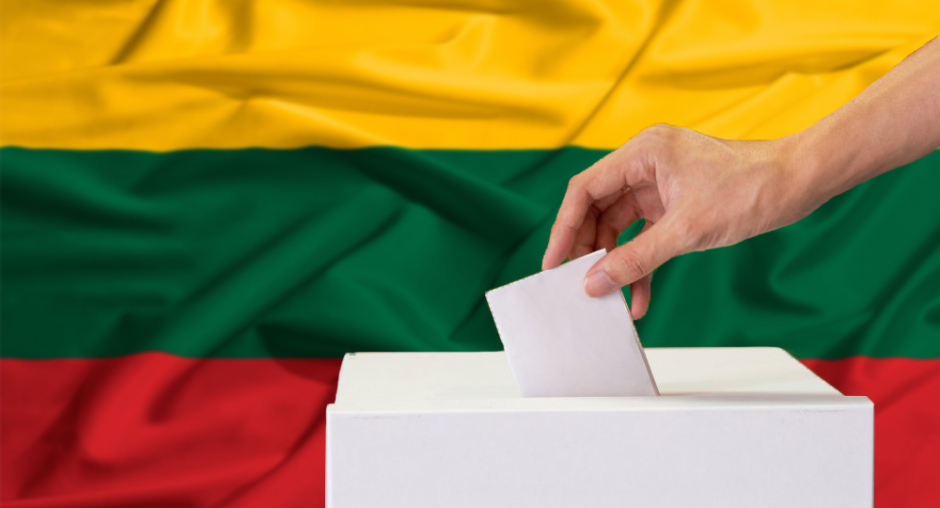
Lithuania’s 2020 parliamentary elections were managed efficiently despite the COVID-19 pandemic but its legislation, although enjoying broad public trust, contains excessive restrictions on candidacy rights, as well as provisions that can undermine the freedoms of expression and association. Other issues include the need to enhance accountability of alternative voting methods and third-party campaigning.
These are some of the main conclusions from the final report on Lithuania's parliamentary elections of 11 and 25 October 2020, as published by the OSCE Office for Democratic Institutions and Human Rights (ODIHR).
The report provides 14 recommendations to improve the conduct of elections and bring them fully in line with OSCE commitments and other international standards.
Recommendations
Key recommendations include:
- reviewing restrictions on fundamental rights and freedoms to ensure they are based on objective and reasonable criteria, are proportionate and necessary in a democratic society and that they serve a legitimate aim
- ensuring that fundamental amendments of the electoral system, including regarding the membership of election commissions, do not take place in the year prior to elections
- safeguarding the integrity of the electronic vote count through legislative changes that could prescribe means for a trustworthy recount
- ensuring effective legal challenges by guaranteeing judicial review of the validity of election results and prescribing the right of stakeholders to challenge the decision on nation-wide election results with a competent court
ODIHR deployed an Election Expert Team (EET) for the 11 October 2020 parliamentary elections on 5 October and remained in the country to follow second-round contests on 25 October. All 57 countries across the OSCE region have formally committed to follow up promptly on ODIHR’s election assessments and recommendations.
